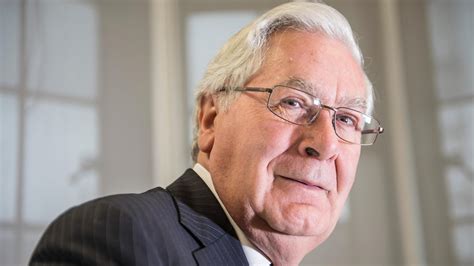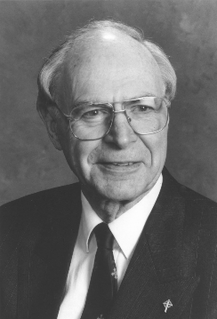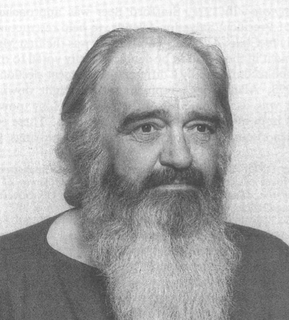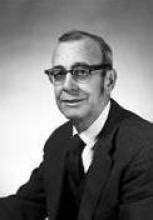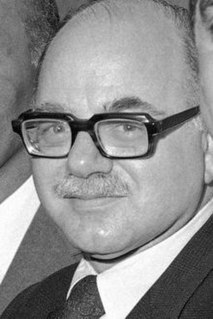A Quote by Mervyn King
To set aside one’s prejudices, one’s present needs, and one’s own self interest in making a decision as a director for a company is an intellectual exercise that takes constant practice. In short, intellectual honesty is a journey and not a destination.
Related Quotes
The intellectual is not defined by professional group and type of occupation. Nor are good upbringing and a good family enough in themselves to produce an intellectual. An intellectual is a person whose interest in and preoccupation with the spiritual side of life are insistent and constant and not forced by external circumstances, even flying in the face of them. An intellectual is a person whose thought is nonimitative.
In Buddhism, both learning and practice are extremely important, and they must go hand in hand. Without knowledge, just to rely on faith, faith, and more faith is good but not sufficient. So the intellectual part must definitely be present. At the same time, strictly intellectual development without faith and practice, is also of no use. It is necessary to combine knowledge born from study with sincere practice in our daily lives. These two must go together.
Instead of responding to these attacks with a vigorous intellectual counterpunch, many believers grew suspicious of intellectual issues altogether. To be sure, Christians must rely on the Holy Spirit in their intellectual pursuits, but this does not mean they should expend no mental sweat of their own in defending the faith
Science is an intellectual journey, and to me, it's not the destination, it's the journeyto get there. It's a way of thinking and it's an intellectual curiosity, a desire to know how the world works, and to know what the fundamental principles of the world are, and to know our place in it. I think once we stop asking questions like "what is the age of the universe," or "how are the instructions of DNA carried out on a microscopic level," once we stop asking questions like that, we're dead.
THE MALE JOURNEY t some point in time, a man needs to embark on a risky -journey. It's a necessary adventure that takes him into uncertainty, and it almost always involves some form of difficulty or failure. On this journey the man learns to trust God more than he trusts a sense of right and wrong or his own sense of self-worth.
We had made a - sort of a national decision that we wanted to be this intellectual property country, where we would have things manufactured in China, but we would do the design, we would do the creative stuff.And now what we have done is, we have forgotten that that's what we wanted, and we're making the intellectual stuff more and more free. And, so, we're sort of left with less and less.
The intellectual tradition of the West is very individualistic. It's not community-based. The intellectual is often thought of as a person who is alone and cut off from the world. So I have had to practice being willing to leave the space of my study to be in community, to work in community, and to be changed by community.
The constant drive for campaign dollars has distorted decision-making in Washington, DC, to the point where our systems can no longer effectively address complex, long-term problems like the climate crisis. Which brings me to my other major concern - the short-term focus of capitalism. It distorts the allocation of resources and the decision-making processes of companies.
